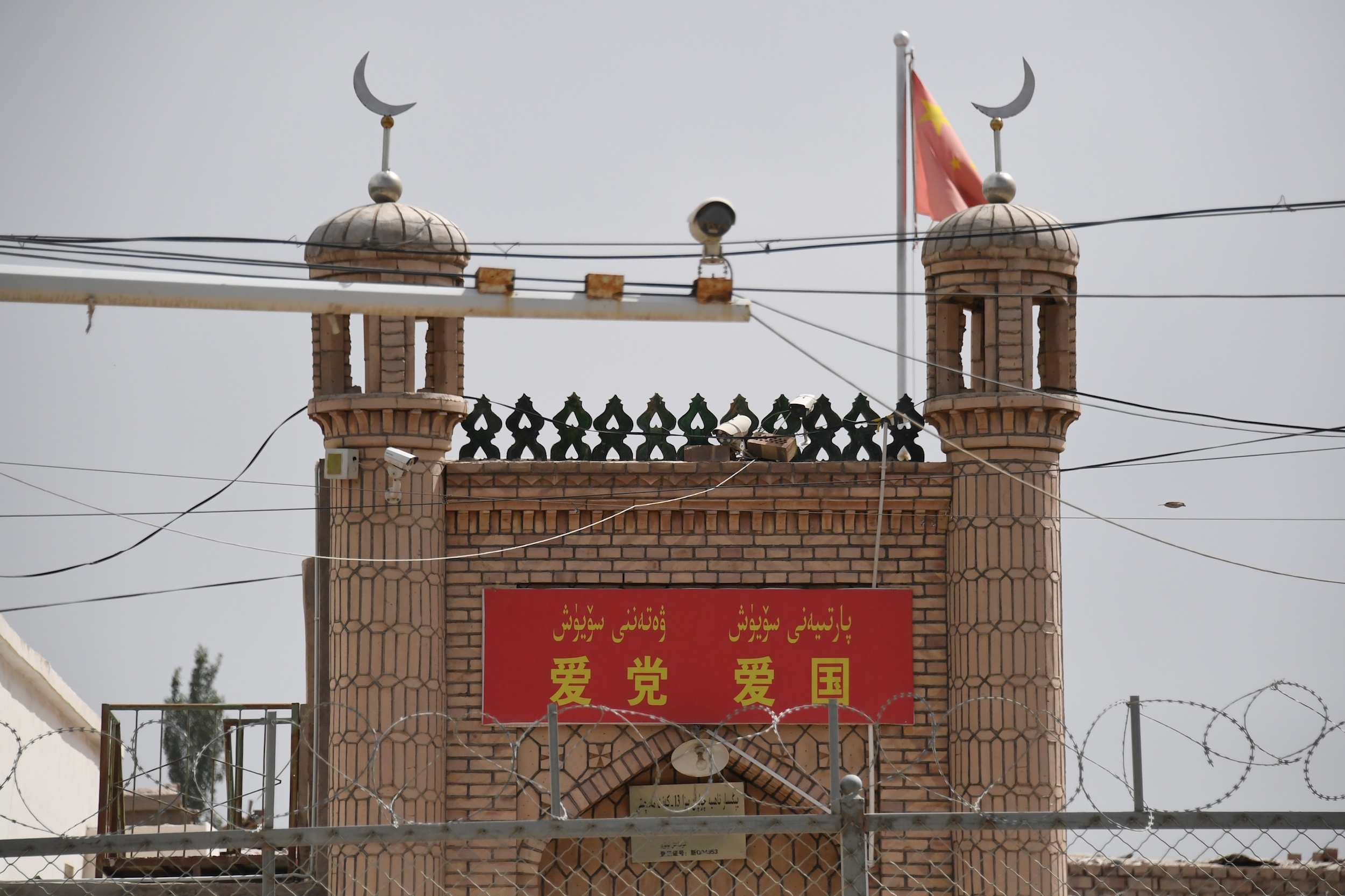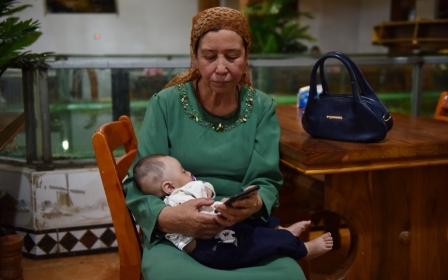China accused of demolishing thousands of mosques to ‘erase’ Uighur culture

Chinese authorities have demolished thousands of mosques in Xinjiang in recent years, as China actively tried to “erase and alter” tangible Muslim cultural heritage in the autonomous region, an Australian think tank said on Friday.
Around 16,000 mosque - or 65 percent of the total number - have been destroyed or damaged in Xinjiang in northwestern China, according to an Australian Strategic Policy Institute (ASPI) report based on satellite imagery documenting hundreds of sacred sites and statistical modelling.
Most of the destruction has taken place in the last three years and an estimated 8,500 mosques have been completely destroyed, the report said, with more damage outside the urban centres of Urumqi and Kashgar.
'Muslim-majority countries, in particular, have failed to challenge the Chinese government over its efforts to domesticate, sinicise and separate Uighur culture from the wider Islamic world'
- Australian Strategic Policy Institute (ASPI)
Many mosques that escaped demolition had their domes and minarets removed, according to the research, which estimated that fewer than 15,500 intact and damaged mosques were left standing around Xinjiang.
If correct, it would be the lowest number of Muslim houses of worship in the region since the decade of national upheaval sparked by the Cultural Revolution in the 1960s.
New MEE newsletter: Jerusalem Dispatch
Sign up to get the latest insights and analysis on Israel-Palestine, alongside Turkey Unpacked and other MEE newsletters
According to ASPI, nearly a third of major Islamic sacred sites in Xinjiang - including shrines, cemeteries and pilgrimage routes - have been razed.
By contrast, none of the Christian churches and Buddhist temples in Xinjiang that were studied by the think tank have been damaged or destroyed.
ASPI said China was trying to erase the local cultural heritage in Xingjiang, and accused international organisations and foreign governments of “turning a blind eye” to the situation.
“Alongside other coercive efforts to re-engineer Uighur social and cultural life by transforming or eliminating Uighurs’ language, music, homes and even diets, the Chinese government’s policies are actively erasing and altering key elements of their tangible cultural heritage," said the report.
UN cultural organisation Unesco and the International Council on Monuments and Sites had remained silent in the face of mounting evidence of cultural destruction in Xinjiang, said the report.
"Muslim-majority countries, in particular, have failed to challenge the Chinese government over its efforts to domesticate, sinicise and separate Uighur culture from the wider Islamic world,” it said.
Report 'lacks credibility'
China’s assimilation drive in Xinjiang goes back decades to the annexation of the Uighur region in the late 1940s. But the crackdown has intensified in recent years, with restrictions on praying, fasting, growing a beard or wearing a hijab.
Chinese authorities claim that visible religious symbols are manifestations of extremism, justifying the crackdown in the name of counterterrorism.
Rights groups say an estimate of 1.5 million Uighurs and other mostly Muslim Turkic-speaking people have been incarcerated in internment camps across the northwestern territory, with residents pressured to give up traditional and religious activities.
An AFP investigation last year found dozens of cemeteries had been destroyed in the region, leaving human remains and bricks from broken tombs scattered across the land.
Another report by AP in June said that China was trying to slash birth rates amongst Uighurs with forced birth control.
China denounced the report as fabricated and has insisted that residents of Xinjiang enjoy full religious freedom.
Asked about the ASPI report on Friday, China's foreign ministry said the research institute had "no academic credibility" and was producing "anti-China reports and anti-China lies”.
Ministry spokesman Wang Wenbin said there were about 24,000 mosques in the region.
"Xinjiang's total number of mosques is more than 10 times the number in the US, and the average number of mosques per Muslim person is higher than in some Muslim countries," Wang told a regular press briefing.
Friday's report comes a day after ASPI said it had identified a network of detention centres in the region much larger than previous estimates.
Beijing has said its network of camps are vocational training centres, which are necessary for countering poverty and extremism.
Middle East Eye delivers independent and unrivalled coverage and analysis of the Middle East, North Africa and beyond. To learn more about republishing this content and the associated fees, please fill out this form. More about MEE can be found here.





